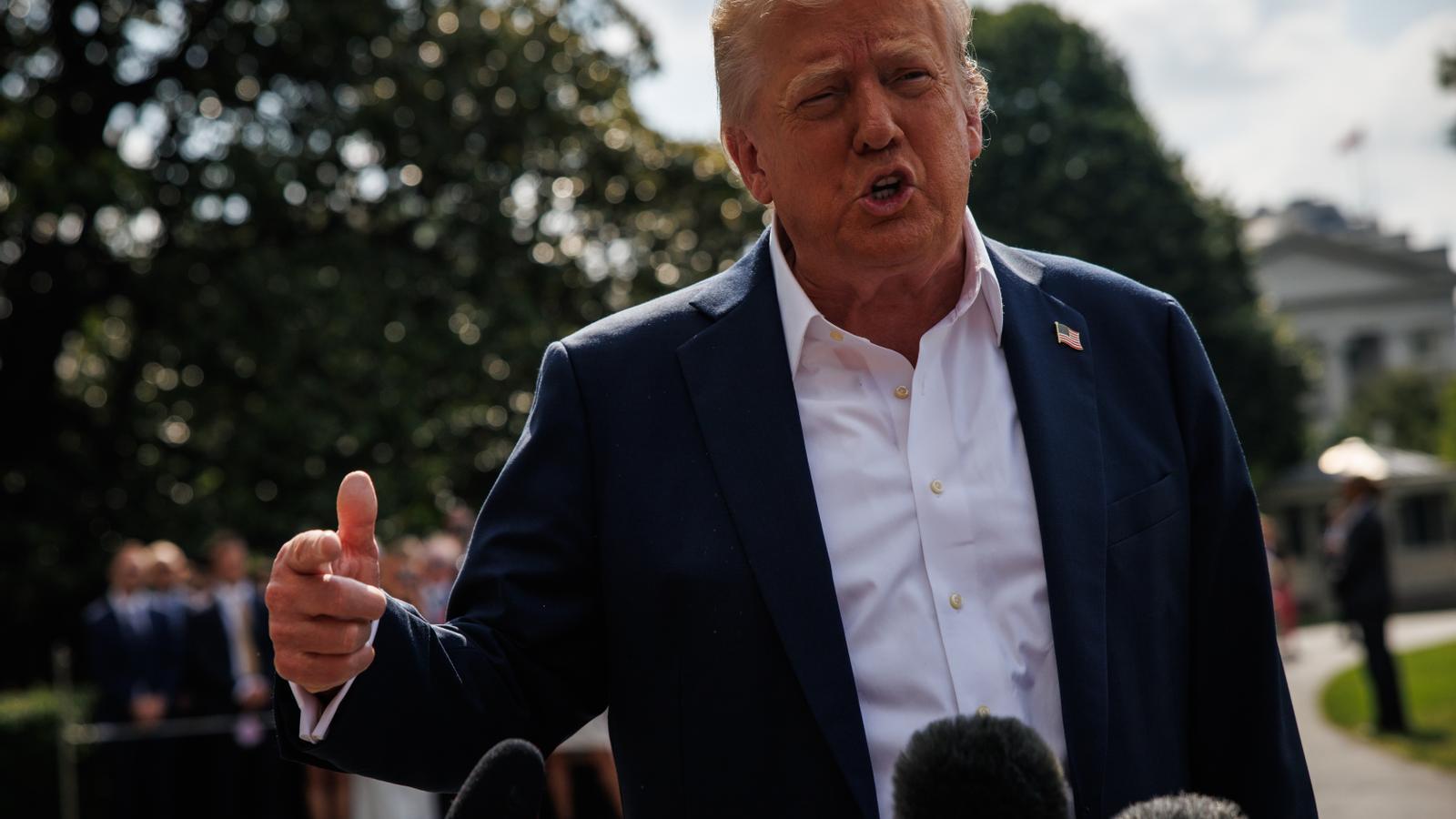Trump and the 7.8 million people who will be left without health coverage


On July 4th, as the United States celebrated Independence Day, President Donald Trump signed a new law that will leave 7.8 million people without health coverage. One Big Beautiful Bill ActThe bill, approved by a very narrow margin in Congress (218 votes in favor and 214 against), contains more than a thousand pages and a long list of reforms. Among them, one deserves special attention: restrictions on the public health system, especially as they affect the most vulnerable groups.
According to the estimates According to a report from the Congressional Budget Office, three key provisions of the new legislation will lead to this massive loss of access to public health care. On the one hand, 4.8 million people will be excluded for failing to prove at least 80 hours of work per month, a requirement introduced as a condition for maintaining coverage. On the other hand, the reduction in resources received by states to fund their health programs will severely affect 1.4 million people who, due to immigration status or nationality, received coverage through these state programs. Furthermore, changes in eligibility criteria and, above all, stricter verification frequency will cause another 2.2 million to lose their insurance prematurely. Since some people will be affected by more than one of these measures, the total sum is not cumulative, but the overall result is equally significant.
Losing access to the public healthcare system can have negative consequences for anyone, but the impact is especially dramatic for groups such as people with disabilities, families living below the poverty line, and immigrants. For them, the loss of coverage not only implies an immediate increase in healthcare spending, but also a decrease in the use of medical services, with the resulting consequences for physical and mental health. The data is clear: when medical care is no longer free or accessible, a significant portion of the population simply avoids using it.
As explained in the website According to the White House, President Trump's goal with this reform is to "strengthen the Medicaid program, eliminate waste, fraud, and abuse, and prevent illegal immigrants from accessing Medicaid." However, we in the academic world have known for years that linking healthcare access to work requirements is an ineffective and counterproductive policy. In June 2018, Arkansas became the first state to implement this type of condition. In just six months, 17,000 people lost health coverage. A year later, researchers at Harvard University published a comparative study among the population of Arkansas and three similar states—Kentucky, Louisiana, and Texas. The findings were overwhelming: 95% of people who had lost coverage should have kept it, since they met the work requirements or could qualify for an exemption.
This paradox is explained by significant administrative barriers: many of those affected are unaware of the policy changes, lack regular internet access to complete the required procedures, or suffer from a disability that makes it very difficult to demonstrate compliance with the conditions or entitlement to an exemption. In other words, this is not a case of willful noncompliance but rather real difficulties in navigating the bureaucratic system. The study also shows that this policy has no positive effect on either the percentage of employed people or the number of hours worked, and therefore fails to meet even the objectives that theoretically justify it.
As far as the immigrant population is concerned, we have already seen in our own environment the negative effects of excluding them from public health care. As I already mentioned in a article Previously, restricting access to health care for this group leads to an increase in avoidable mortality.
There are principles that should remain outside of ideological polarization, and guaranteeing universal access to healthcare is one of them. When empirical evidence consistently demonstrates that measures like these generate exclusion and worsen both the living conditions and health indicators of the population, it is difficult to defend them from any political perspective. Healthcare should not be a reward for working, but a right to live.
